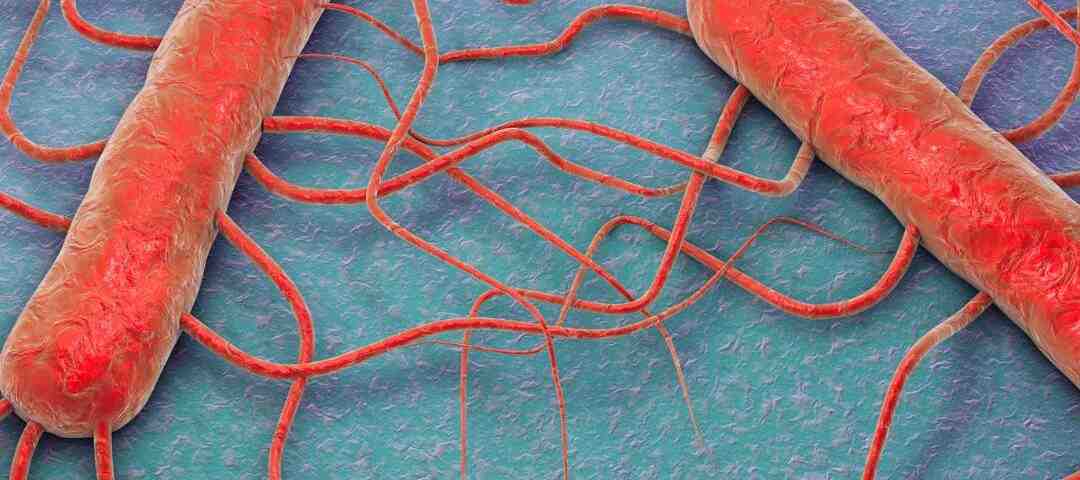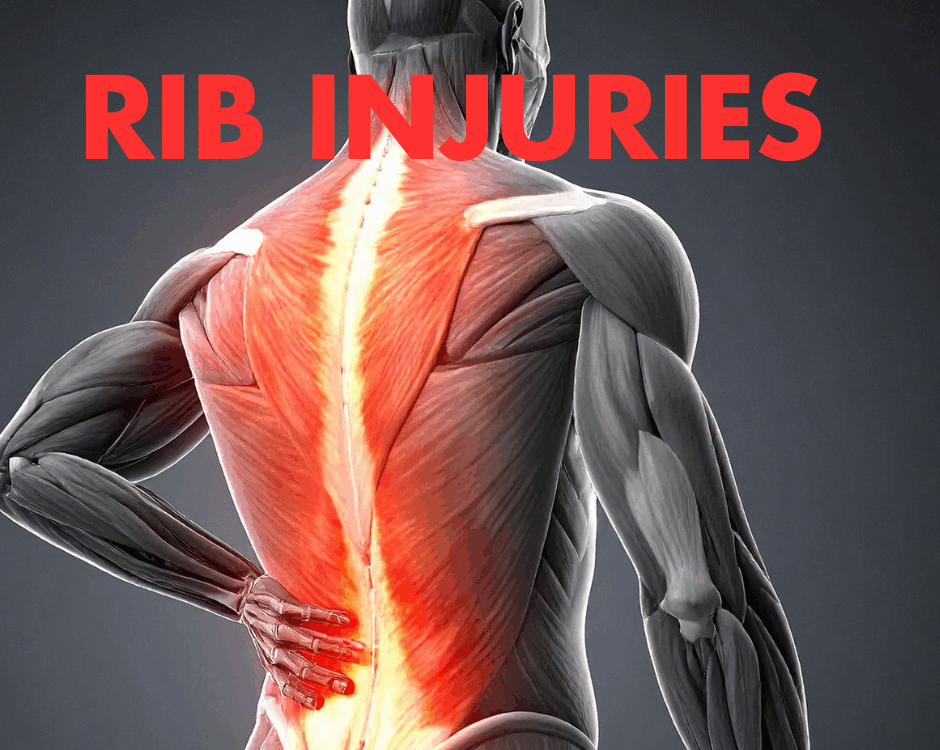What Is Listeria?

Why Do I Wake Up The Same Time Daily?
October 28, 2024
Reducing Car Accidents For Seniors
October 28, 2024- Accident doctor
- accupuncture
- airplane headache
- alzheimer's
- best habits
- Brain Injuries
- car accident
- car accidents
- cervical strain
- colds
- concussion
- Concussions
- disc bulge
- dosage meds
- dry needling
- dull pain
- E bike injuries
- florida
- good posture
- headaches
- Headrest positions
- Headrest positions after an accident
- Healthy choices
- Healthy flying
- healthy gift guide
- Healthy SPring Ideas
- hip pain
- hyperextension
- injury doctor
- insurance
- Kayaking
- kentucky
- kids motion sickness
- lifestyle
- motion sickness
- neck injury
- no fault insurance doctor
- noise healing
- osteoporosis
- pain symptoms
- pink noise
- posterior chain
- posture
- prevent osteoporosis
- Rest
- Scoliosis
- shoulder pain
- Stress with kids after a motor vehicle accident
- TBI
- tips
- tmj
- torn muscle
- Traumatic Brain Injury
- trigger points
- VitaminD
- What are Post Traumatic headaches?
What is Listeria?
Listeria is being mentioned everywhere nowadays. Now that Kroger Waffles have been added to the list, it is time to make sure we understand what this bacterium is. It can cause a serious infection known as listeriosis. It is usually rare but can be dangerous, especially for certain groups of people. Understanding what Listeria is, how it spreads, and the health risks associated should be an important topic for 2024. I am Dr. Aaron Workman, a member of one of the highest rated car accident medical care programs in Kentucky, and I will discuss Listeria.
The Bacterial Culprit
Listeria is caused by bacterium which is commonly found in soil, water, and animal products. What separates this particular bacterium from the rest is its ability to survive and grow at cold temperatures, even in the refrigerator. The most unsettling part is it typically cannot be smelled, tasted, or seen. These unique abilities make it particularly challenging to prevent food bacterium proliferation during storage and handling.
Risk Factors
Anyone can be infected, but it most concerning in pregnant women, older adults, newborns, and individuals with weakened immune systems. For these most vulnerable groups, the listeria bacterium leads to a higher chance of developing the infection listeriosis. Then, as the infection progresses, it leads to severe health complications such as inflammation of the brain, membranes around the brain, heart inflammation, blood infection, miscarriages, stillbirth, and diseases affecting newborns.
How You Get It
Listeria is primarily transmitted through contaminated food. Since it can grow in cold environments, it is most often found in refrigerated foods, such as:
- Deli meats
- Cheeses not made of pasteurized milk.
- Smoked seafoods (uncooked, not canned)
- Pre-packaged salads or hot dogs
- Ice Cream
- Fruits and Vegetables
- Raw Poultry
Contamination can occur at any point during food processing, packaging, or preparation. Cross-contamination can occur with the use of cutting boards or utensils that have touched raw food and come into contact with other food items. Another contamination source is raw food and your meats close to each other in cold storage, and they touch. Fortunately, cooking food thoroughly can kill Listeria, but consuming raw or under cooked food increases the risk of infection.
Symptoms
The symptoms of listeriosis can vary depending on the individual’s risk factors and the severity of the infection. For some the symptoms may feel like mild flu, but for others, it can become more severe. Common symptoms would be fever, all the muscles aching, nausea, vomiting and diarrhea. More severe cases can cause headaches, confusion, balance loss, convulsions and possibly death. Even if a pregnant woman has the infection with mild symptoms it could lead to death of the fetus.
How to Reduce Risk
- Proper food safety should ALWAYS be practiced. Wash your hands thoroughly before and after handling food. Clean kitchen surfaces, cutting boards, and utensils after each use.
- Avoid high-risk food.
- Cook food properly. Read your labels and do what the labels say paying attention to temperatures.
- Since Listeria can grow in cold temperatures, regularly cleaning your refrigerator and keeping it at 40°F or below can help prevent bacterial growth. If you have meat that leaks into your refrigerator, and you are placing raw fruits and vegetables in that proximity then you are putting yourself at risk.
If you suspect you have come into contact with Listeria through one of the recalled items, then early diagnosis is important. Doctors can typically confirm the infection through blood tests, and treatment often involves antibiotics. For those at high risk, such as pregnant women or immunocompromised individuals, immediate intervention can be important. While it can be found in everyday foods, practicing proper food safety, and making more informed choices about what to eat can greatly reduce the chances of infection. If you stay food safety conscious you can reduce risk and keep Listeria at bay.
— This article is written by Aaron Workman, DC, one of the members of Chambers Medical Group’s team of car accident chiropractors who offer a variety of treatments and therapies ranging from diagnostic testing to various soft tissue therapies for car accidents and injuries in Kentucky.
- Car Accident Medical Clinic in Tampa
- Car Accident Medical Clinic in Plant City
- Car Accident Medical Clinic in Brandon
- Car Accident Medical Clinic in Lakeland
- Car Accident Medical Clinic in Sarasota
- Car Accident Medical Clinic in Louisville
- Car Accident Medical Clinic in Lexington
- Car Accident Medical Clinic in Florence




